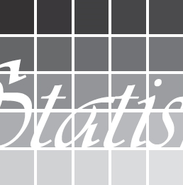
If you asked most people what makes for a great fictional character who can appeal to millions across cultures and generations, I don't think "rational" would top many lists. As personality traits go, "rational" sounds a little… dry. Yet Sherlock Holmes has captured many an imagination over the years. And so has that lovable half-Vulcan first officer of the Enterprise, Mr. Spock, given name unpronounceable, brought to life by the much-lamented Leonard Nimoy who died yesterday, one month shy of his 84th birthday.

